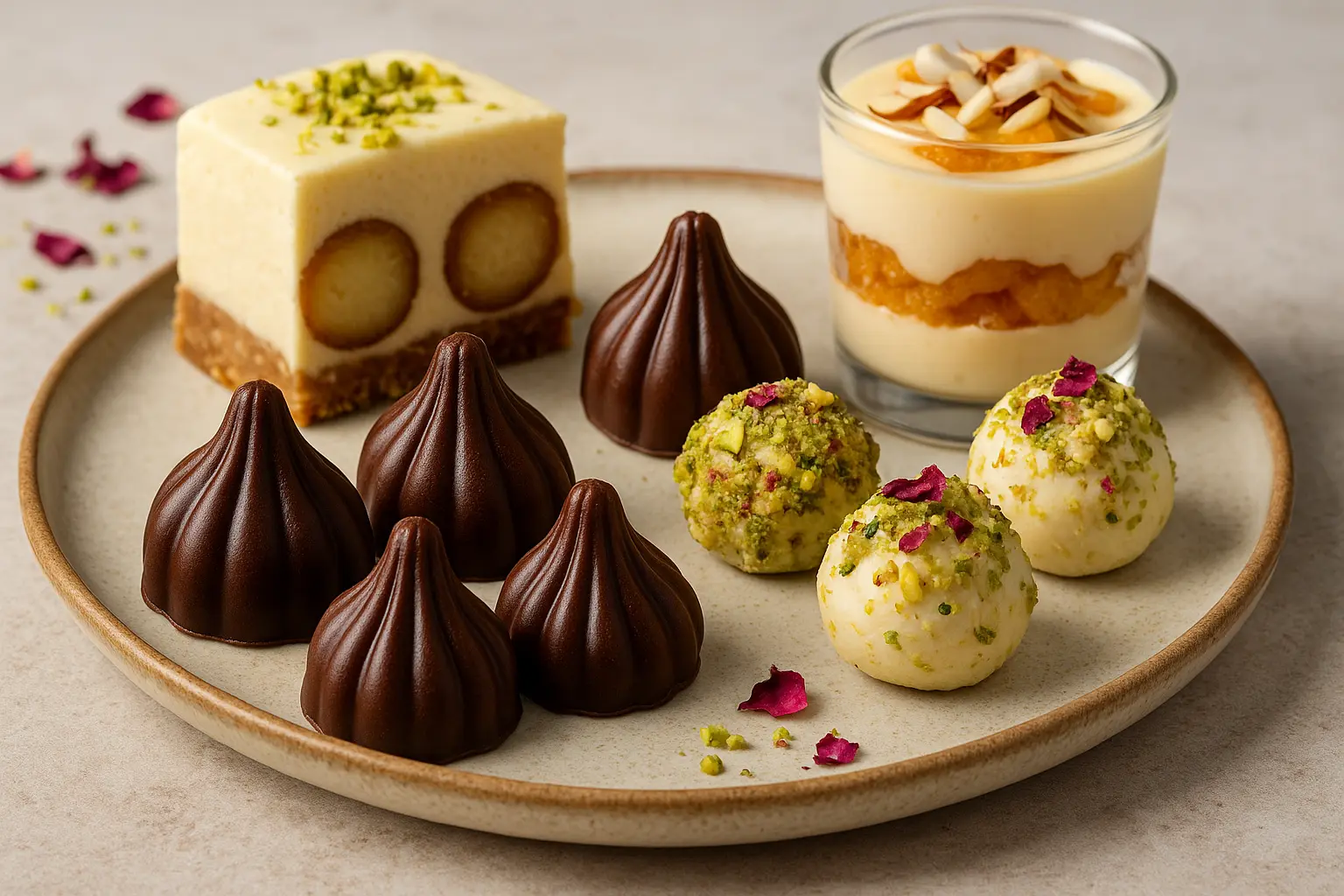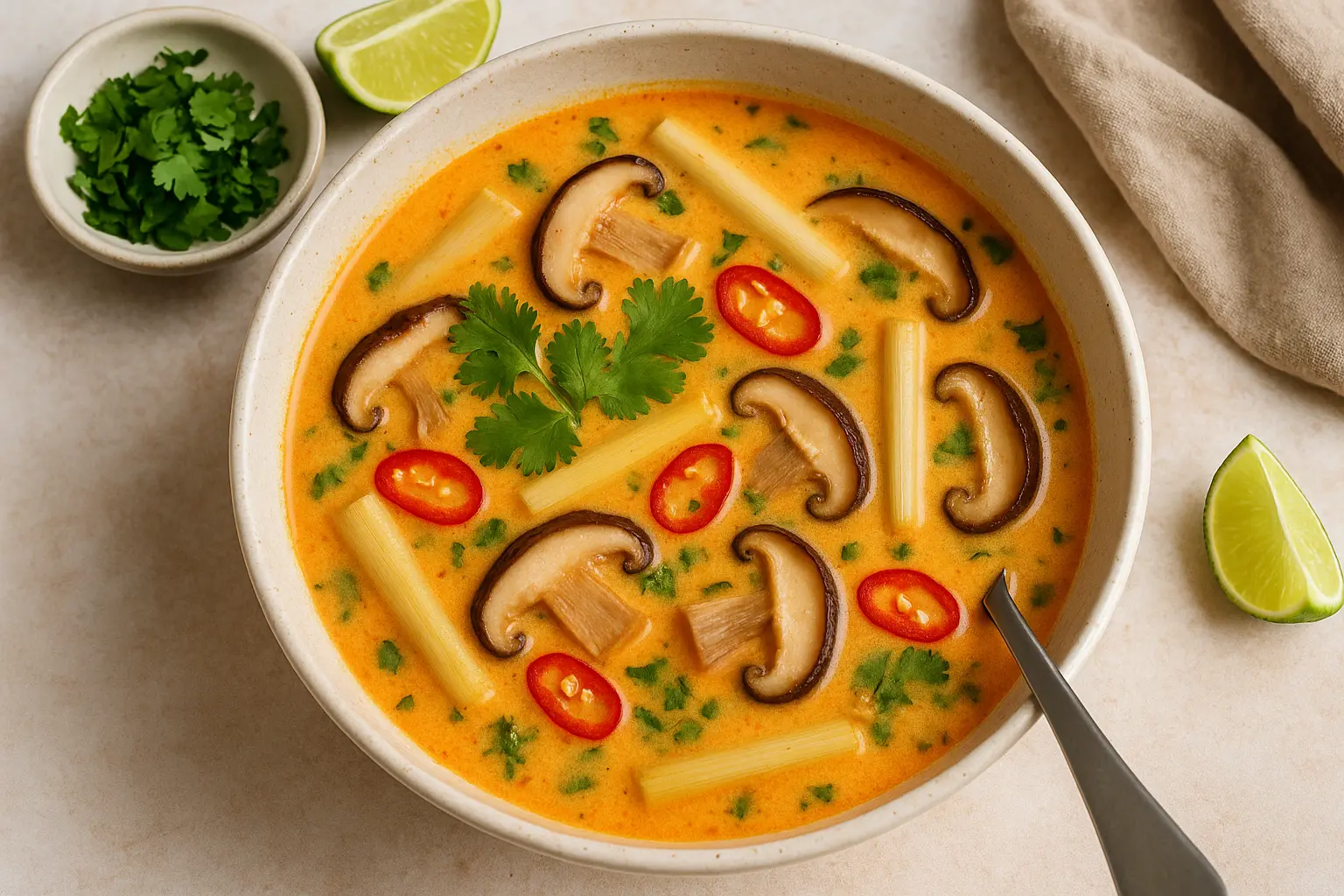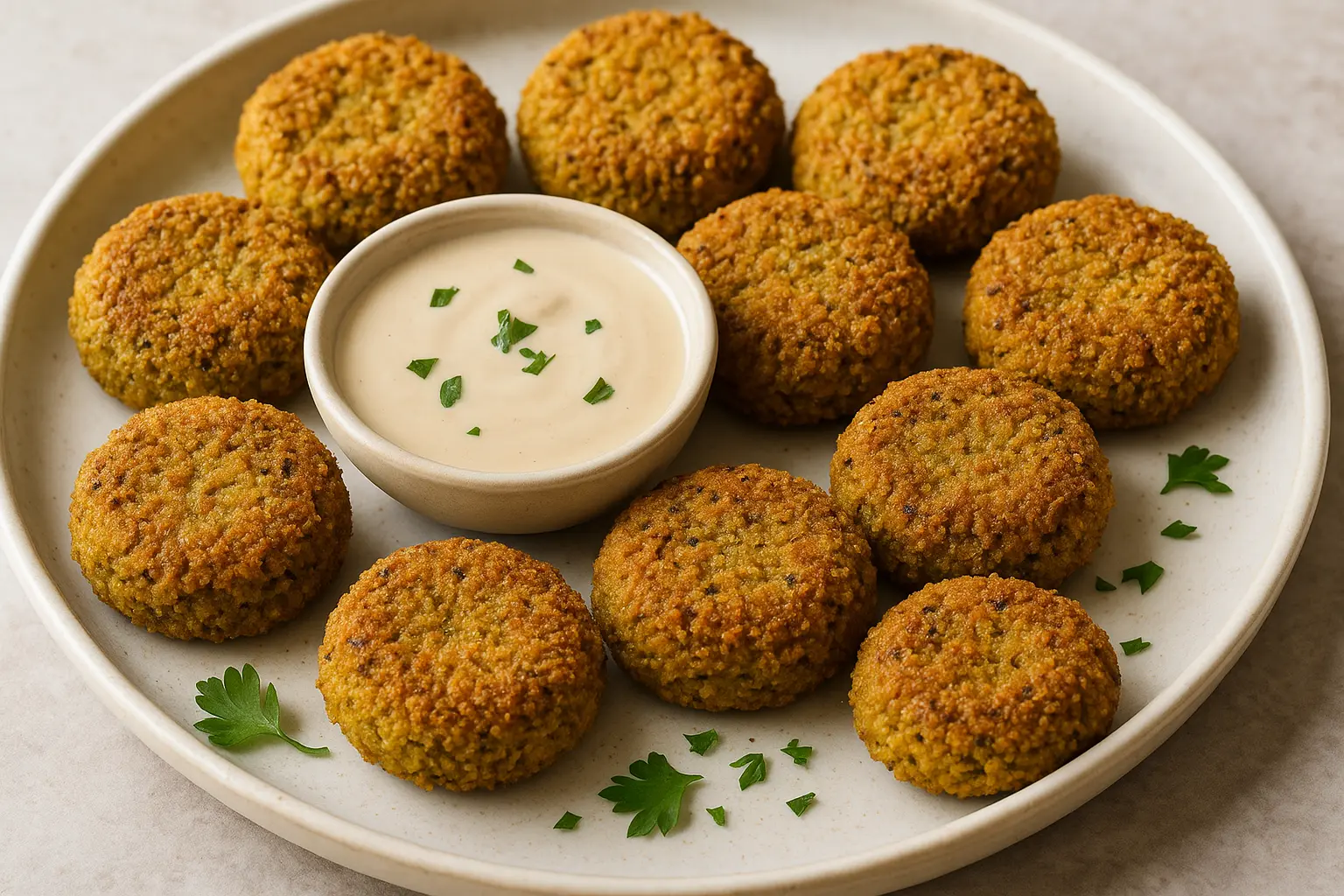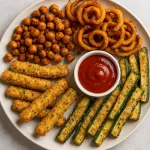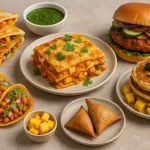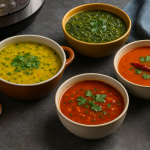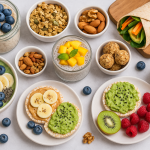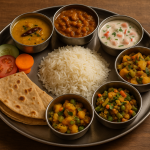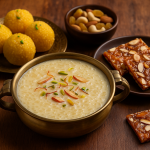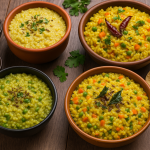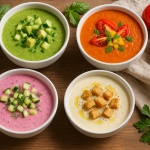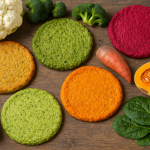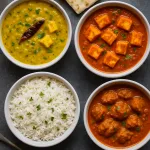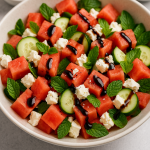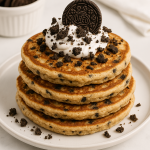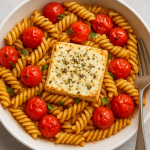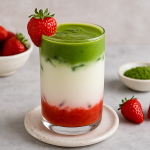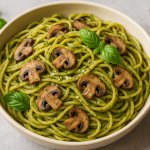Festivals in India are synonymous with joy, togetherness, and of course—sweets. From Diwali laddoos to Holi gujiyas, from Eid sewaiyaan to Christmas plum cake, every celebration has a signature treat. Traditionally, Indian households would prepare sweets at home, passing recipes down generations. But as times change, so do palates.
Modern food lovers crave fusion flavors, global inspirations, and healthier alternatives. This doesn’t mean discarding tradition—it means reimagining it. In this blog, we’ll explore how to give classic Indian festive sweets a contemporary makeover, blending old-world charm with today’s tastes.
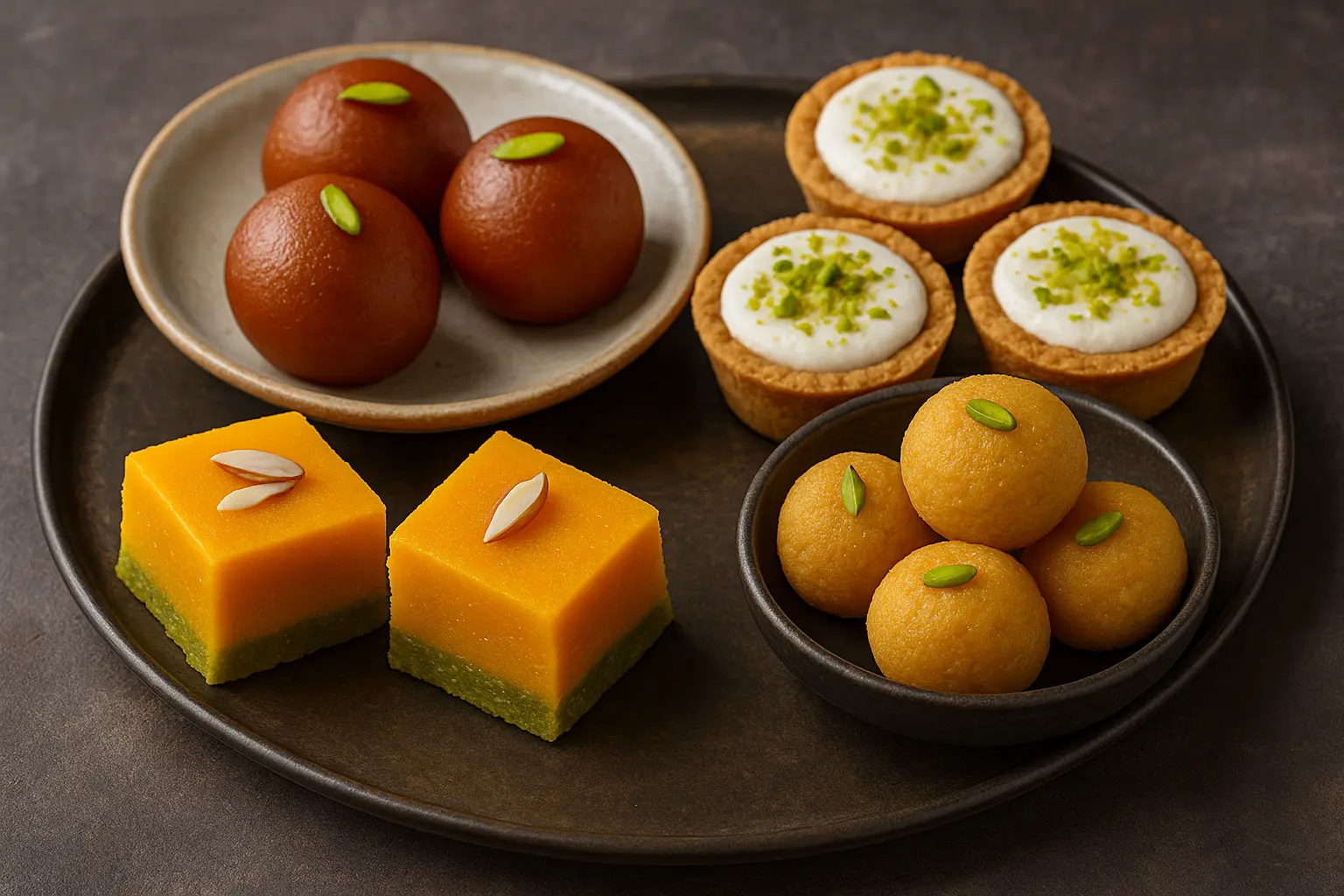
1. Why Modern Twists on Indian Festive Sweets Matter
Indian sweets are steeped in nostalgia, but younger generations often look for novelty. A chocolate lover may not crave traditional motichoor laddoo—but introduce a Belgian chocolate laddoo with saffron and pistachio, and suddenly tradition feels exciting again.
Modern twists also:
Bridge cultures: Fusion sweets like rasmalai cheesecake appeal to both Indian and Western tastes.
Encourage creativity: Experimenting with flavors makes cooking fun and personal.
Add health-conscious choices: With rising demand for vegan, gluten-free, and low-sugar options, modern recipes keep Indian sweets relevant.
2. The Pillars of Indian Festive Sweets
Before we dive into fusion, let’s understand what makes Indian sweets so special:
Ingredients: Ghee, sugar, milk, nuts, saffron, cardamom.
Textures: Soft gulab jamuns, crunchy chikkis, melt-in-mouth barfis.
Aromatics: Rose water, kewra, nutmeg, saffron.
Cooking Methods: Deep-frying (jalebi), slow-simmering (rabri), roasting (besan laddoo).
Modern versions must respect these foundations while introducing new flavors or presentations.
3. Classic Indian Sweets and Their Modern Counterparts
Gulab Jamun → Gulab Jamun Cheesecake
The king of festive sweets transforms into a baked cheesecake with mini gulab jamuns layered inside. A saffron-infused cream cheese filling, pistachio crust, and rose syrup drizzle make it irresistible.
Laddoo → Chocolate & Nut Energy Balls
Traditional besan or motichoor laddoos get reimagined as dark chocolate, almond butter, and oat laddoos. Same round shape, healthier punch.
Jalebi → Jalebi Tiramisu
Layers of crisp jalebi pieces, mascarpone cream, and cardamom coffee syrup—this Indo-Italian twist is perfect for Diwali.
Rasmalai → Rasmalai Tres Leches Cake
Soaked sponge cake in saffron milk, topped with rasmalai discs. A dessert that combines Latin flair with Bengali delicacy.
Modak → Chocolate & Hazelnut Modak
Perfect for Ganesh Chaturthi, these modaks hide a gooey hazelnut-chocolate center instead of the usual jaggery-coconut filling.
Barfi → Matcha Pistachio Barfi
The pastel green of matcha pairs beautifully with pistachios for a visually stunning and antioxidant-rich version of this mithai.
4. Fusion Inspiration: Global Influences in Indian Sweets
French Touch: Macarons filled with gulkand (rose petal jam).
Japanese Inspiration: Mochi stuffed with saffron rabri.
Italian Fusion: Tiramisu infused with chai masala.
Middle Eastern Mix: Baklava layered with kaju katli filling.
American Twist: Cupcakes topped with peda frosting.
These fusion creations make Indian sweets more versatile for international gatherings and multicultural celebrations.
5. Healthier Modern Alternatives
Today’s food culture demands balance between indulgence and wellness. You can give mithai a healthy makeover:
Natural Sweeteners: Replace sugar with dates, honey, or jaggery.
Low-Fat Versions: Use coconut cream instead of heavy cream.
Vegan Sweets: Swap ghee with coconut oil, milk with almond or oat milk.
Gluten-Free Options: Use almond flour or millet flour for barfis and cakes.
Example: Date & Almond Barfi – no refined sugar, full of natural energy, yet festive.
6. Easy Recipes to Try at Home
Here are some quick modern recipes for festivals:
Recipe 1: Rose & Pistachio Truffles
1 cup white chocolate
½ cup cream
2 tbsp rose syrup
Crushed pistachios for coating
Melt chocolate with cream, mix in rose syrup, chill, and roll in pistachios. Simple, elegant, festive.
Recipe 2: Chocolate Modaks
2 cups melted dark chocolate
1 cup hazelnut spread
Modak moulds
Fill moulds with chocolate, add hazelnut spread inside, chill. Perfect for Ganesh Chaturthi.
Recipe 3: Jalebi Cheesecake Cups
Mini cheesecakes layered with broken jalebis
Drizzle of saffron syrup
Garnish with almonds
Individual servings that wow guests.
7. Presentation Ideas for Modern Festive Sweets
Modern sweets aren’t just about taste—they’re about aesthetic appeal:
Serve in mini dessert cups or shot glasses.
Garnish with edible flowers like rose petals and marigolds.
Use fusion plating: mithai alongside gelato, mousse, or custard.
Create dessert boards—a mix of Indian and Western treats on one platter.
8. Occasions & Pairings
Diwali: Fusion laddoos, jalebi tiramisu.
Holi: Thandai mousse cups, gujiya cheesecake.
Eid: Sheer khurma panna cotta.
Christmas: Plum cake gulab jamun trifle.
Weddings: Designer mithai boxes with modern truffles.
9. Balancing Tradition & Innovation
It’s important to strike the right balance:
Keep the soul of the sweet intact. Gulab jamun should still remind you of gulab jamun.
Innovate with flavors, textures, or presentation, not by discarding heritage.
Remember, nostalgia sells—add modern touches but honor tradition.
10. Conclusion
Indian festive sweets are timeless, but modernization gives them renewed charm. Whether it’s a jalebi tiramisu, a rose pistachio truffle, or a rasmalai tres leches, these creations make festivals relevant to every generation.
Food evolves, but festivals remain about togetherness and joy—and sweets, whether traditional or modern, will always be at the heart of Indian celebrations.
Leave a comment
Your email address will not be published. Required fields are marked *


